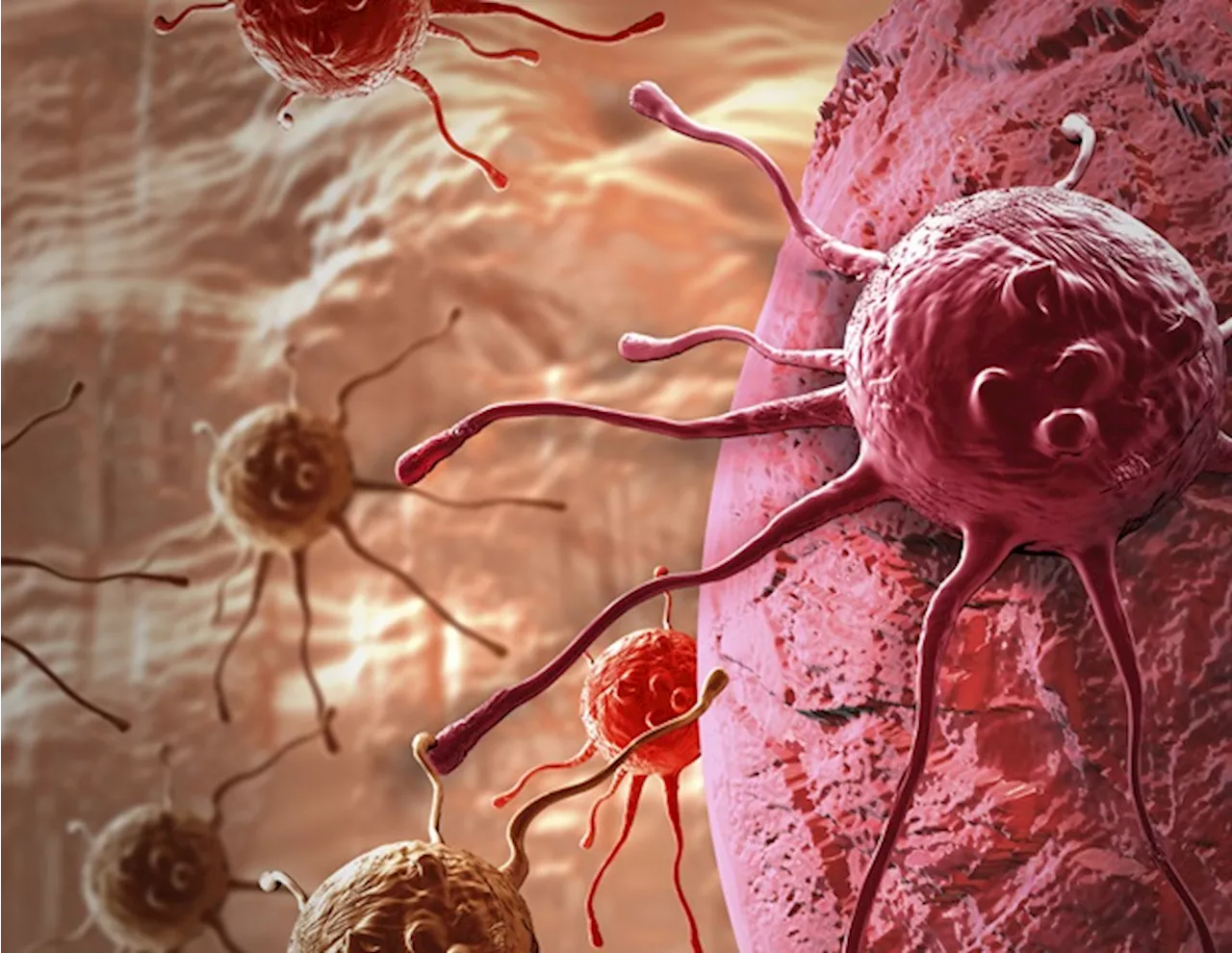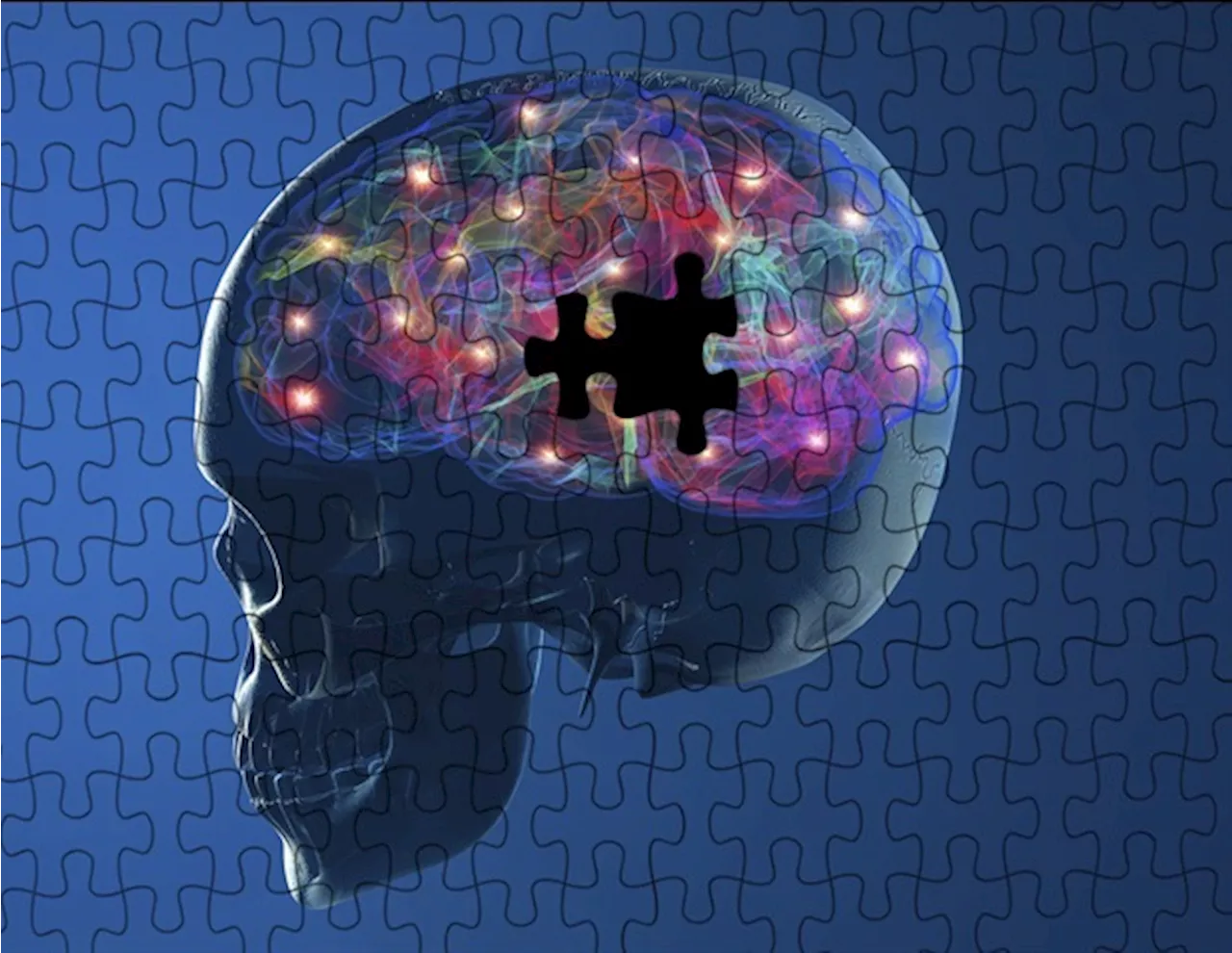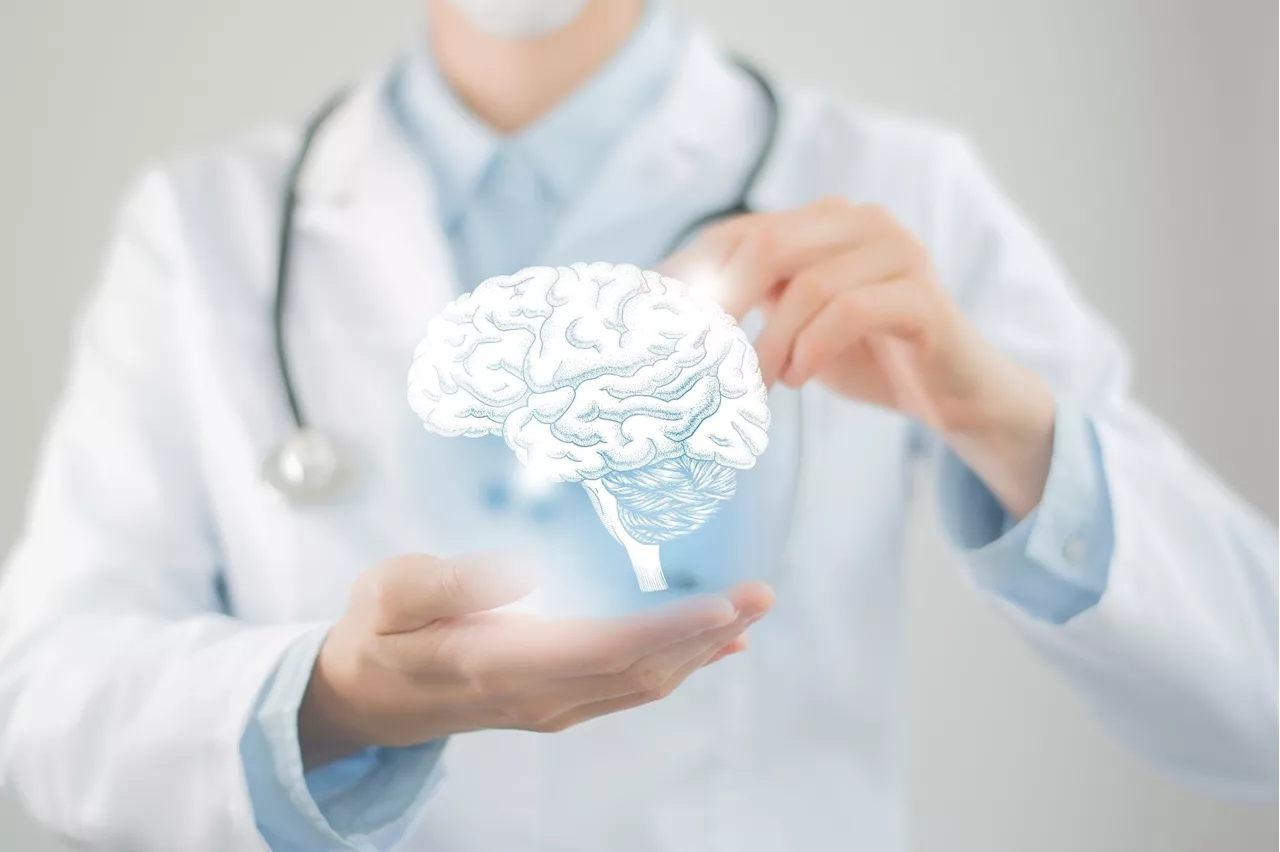Advancements in organoid technology are crucial for Parkinson's disease research, providing human-relevant models for studying disease and testing therapies.
By Vijay Kumar MalesuReviewed by Lily Ramsey, LLMOct 23 2024 Scientists are leveraging cutting-edge organoid technology to uncover the causes of Parkinson's and accelerate the development of new treatments.
The loss of midbrain dopaminergic neurons and the presence of Lewy Bodies, made of abnormal α-synuclein protein, are hallmarks of PD. Current research tools, including post-mortem brain tissue, animal models, and cell cultures, have limitations. This technology has been particularly useful in modeling various parts of the brain, including the forebrain, midbrain, and hippocampus. Brain organoids have become instrumental in studying neurodevelopment and recapitulating human diseases, such as PD.
Further advancements over the next few years led to protocols that allowed for the long-term maintenance and maturation of these organoids. Predicting PD toxicity Toxin-based models of PD have been developed using hMLOs to study how environmental toxins contribute to the disease. Two prominent examples are the use of neurotoxins 1-Methyl-4-phenyl-1,2,3,6-tetrahydropyridine and 6-Hydroxydopamine .
Developing treatments for PD The therapeutic potential of hMLOs is immense. One promising application involves the generation of neural stem cells from midbrain organoids. These NSCs can differentiate into mDA neurons, which are crucial for PD treatment.
Parkinson's Disease Bradykinesia Brain Cell Depression Disease Modeling Dopaminergic Drugs In Vitro Lewy Bodies Movement Disorder Neurodegenerative Disorder Neuron Neurons Oxidative Stress Protein Research Stem Cells Stress Technology
United Kingdom Latest News, United Kingdom Headlines
Similar News:You can also read news stories similar to this one that we have collected from other news sources.
 US investigating potential human-to-human bird flu transmissionHealth authorities in the U.S. are studying seven people who developed influenza symptoms after being exposed to a Missouri bird flu patient, raising the possibility of the first human-to-human transmission of the infection.
US investigating potential human-to-human bird flu transmissionHealth authorities in the U.S. are studying seven people who developed influenza symptoms after being exposed to a Missouri bird flu patient, raising the possibility of the first human-to-human transmission of the infection.
Read more »
 Advancements in AI-driven sensors transform pain managementA review paper by scientists at the Indiana University Bloomington summarized recent engineering efforts in developing various sensors and devices for addressing challenges in the personalized treatment of pain.
Advancements in AI-driven sensors transform pain managementA review paper by scientists at the Indiana University Bloomington summarized recent engineering efforts in developing various sensors and devices for addressing challenges in the personalized treatment of pain.
Read more »
 Advancements in antibody-drug conjugates transform cancer therapyAntibody-drug conjugates (ADCs) have emerged as a promising approach in cancer therapy, offering a 'magic bullet' strategy that combines the precision of monoclonal antibodies with the potency of cytotoxic drugs.
Advancements in antibody-drug conjugates transform cancer therapyAntibody-drug conjugates (ADCs) have emerged as a promising approach in cancer therapy, offering a 'magic bullet' strategy that combines the precision of monoclonal antibodies with the potency of cytotoxic drugs.
Read more »
 BBC Match of the Day Gary Lineker's nephew, 18, killed in tragic accidentJonty Parkinson was described as 'one of the nicest boys you'll ever meet'
BBC Match of the Day Gary Lineker's nephew, 18, killed in tragic accidentJonty Parkinson was described as 'one of the nicest boys you'll ever meet'
Read more »
 Collaborative study investigates underlying cause of neuropsychiatric symptoms in Parkinson's diseaseParkinson's disease is most known for its movement-related symptoms: tremors and rigidity, slowness and falls, caused by the loss of the brain's dopamine-producing neurons.
Collaborative study investigates underlying cause of neuropsychiatric symptoms in Parkinson's diseaseParkinson's disease is most known for its movement-related symptoms: tremors and rigidity, slowness and falls, caused by the loss of the brain's dopamine-producing neurons.
Read more »
 Replicating Lewy body formation in living neurons to understand Parkinson's diseaseLewy bodies are a hallmark of Parkinson's disease (PD) and other related neurological conditions. Understanding why and how they develop is critical to developing better treatments.
Replicating Lewy body formation in living neurons to understand Parkinson's diseaseLewy bodies are a hallmark of Parkinson's disease (PD) and other related neurological conditions. Understanding why and how they develop is critical to developing better treatments.
Read more »
